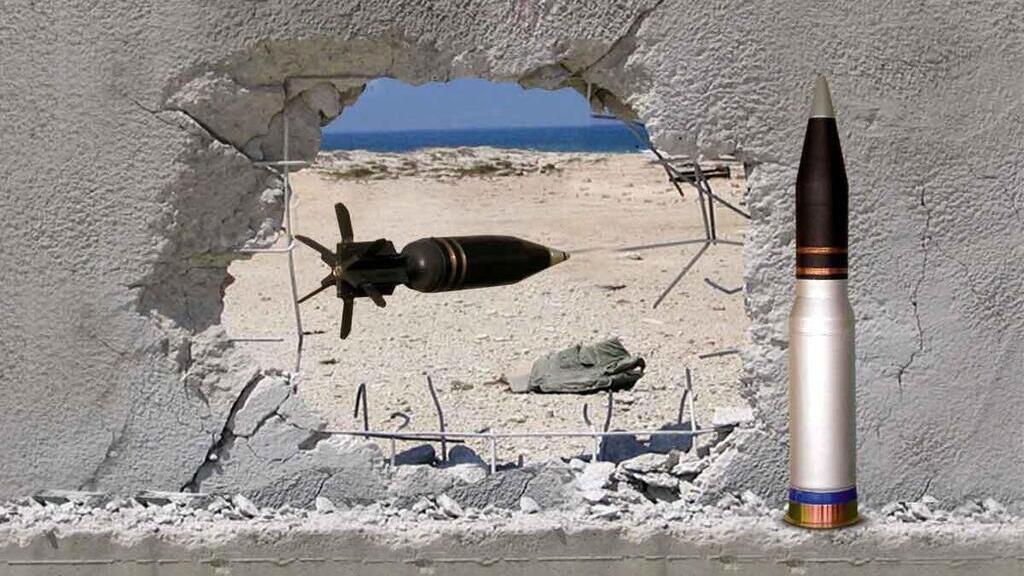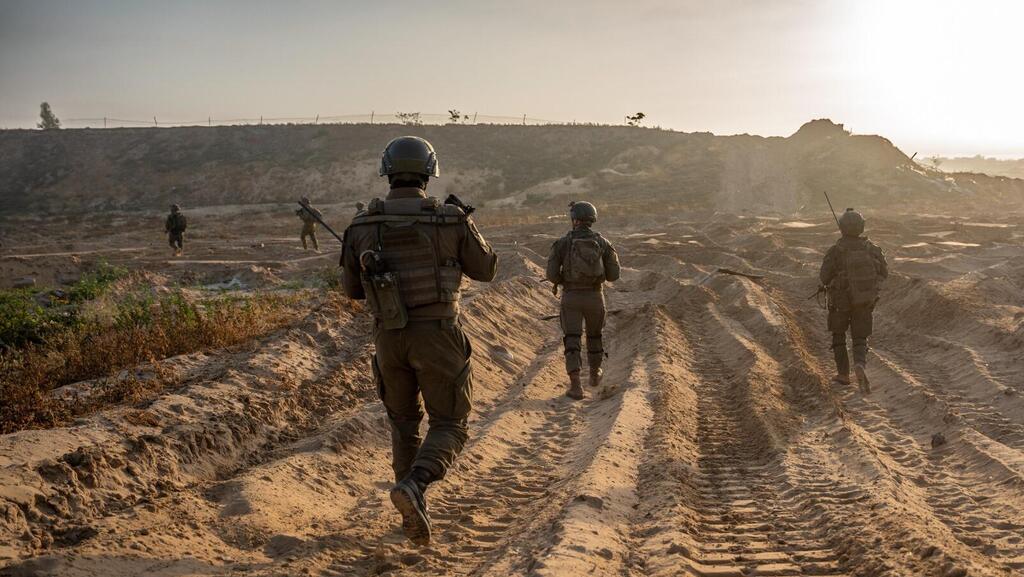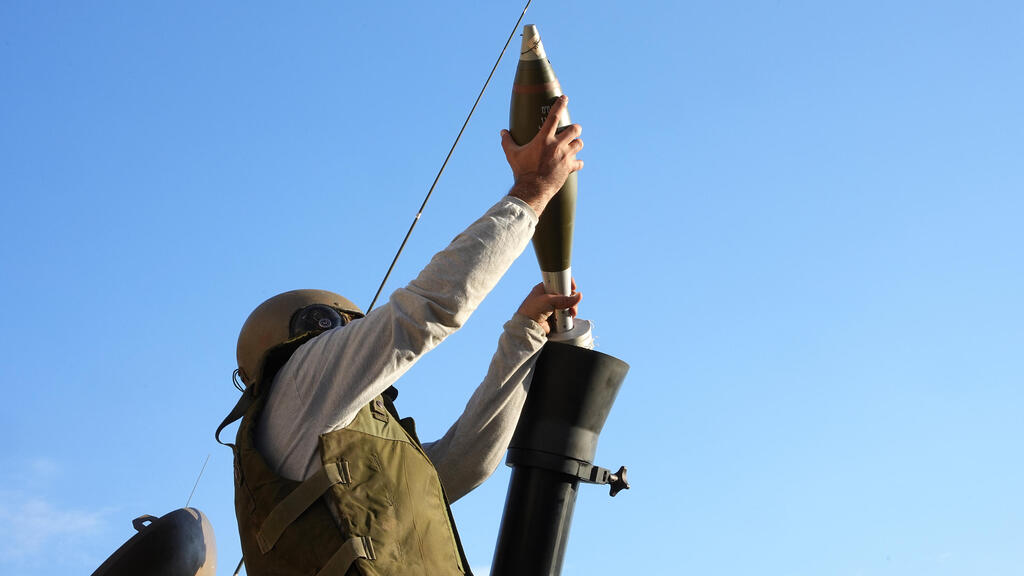Getting your Trinity Audio player ready...
Wars bring much sorrow and suffering to the world but they also provide a boost to arms companies and others operating in the security sector. One such company is Arith Industries, whose stock has surged by 480% in the past 12 months, 16 times the return of the TASE-125 Index during the same period.
The company’s market value has reached NIS 2.2 billion ($572 million), with the main beneficiary being controlling shareholder Tzvi Levy (48.4%), a 67-year-old businessman from Tiberias with only a high school education. His profit from his investment in the company stands at nearly NIS 1.3 billion ( $337 million).
In late May 2007, Levy became the controlling shareholder of Arith with a 45% stake, after beginning to invest in the company a year earlier. Over the years 2006–2010, Levy invested NIS 14.2 million ($3.7 million) in acquiring Arith stock, which brought his stake to 50.6%.
Eighteen years later, after the Russia-Ukraine war and a never-ending war at home, Levy’s shares in Arith are now worth NIS 1.1 billion ($283 million). This comes after he recently sold shares worth NIS 50 million ($12.8 million), representing 2% of the company’s stock, in addition to receiving NIS 86 million ($22 million) in dividends over the years and a total salary of NIS 17 million ($4.3 million) for his role as chairman.
The company’s CEO, Chaim Shtefler, also took advantage of the stock surge, selling shares worth NIS 3.9 million ( $1 million) after exercising options worth a total of NIS 170,000 ($43,500).
Arith, through its subsidiary Reshef Technologies, produces electronic fuses that control the detonation of explosive charges in artillery shells, tanks, mortars and rockets. Levy acquired control of the company during a period of difficulty and it was even removed from the main trading list on the stock exchange due to financial troubles, later being reinstated in July 2008.
Get the Ynetnews app on your smartphone: Google Play: https://bit.ly/4eJ37pE | Apple App Store: https://bit.ly/3ZL7iNv
The company’s remarkable surge, both in terms of operations and investor interest in its stock, began after Russia’s invasion of Ukraine in February 2022, which escalated geopolitical tensions and the defense needs of various countries. The stock experienced significant movement starting in March 2023, after Arith won a tender to sell fuses to the Indian Defense Ministry worth $170–190 million.
The stock surged even further after October 7, when the war broke out in Israel. Since then, Arith’s stock has skyrocketed by 1,034%, compared to a 38% increase in the TASE-125 Index during the same period.
Alongside the stock surge, Arith has seen an increase in sales. Its sales rose from NIS 52 million ($13.3 million) in 2019 to NIS 58 million ($14.8 million) in 2023 and jumped to NIS 127 million ($32.5 million) in 2024, with the Defense Ministry accounting for 64% of the company’s sales, up from 31% in 2022.
In parallel with the surge in actual sales, the company’s order backlog grew from NIS 112 million ( $28.6 million) in 2022 to NIS 247 million (approximately $63 million) in 2023 and by the end of 2024, reached NIS 1.16 billion ( $297 million).
Along with its sales to the Defense Ministry, Arith also relies heavily on the Indian market, which accounted for 35% of its sales in 2024. Its March 2023 win, along with other tenders, was made possible by a 2016 agreement with the Indian company Bharat, which allows Arith to bid on tenders from the Indian Defense Ministry.
In November last year, Arith won a NIS 310 million ($79 million) tender to supply fuses to a client in North America, with deliveries set to begin in 2025, a move that will help reduce its dependence on the Defense Ministry and the Indian market. In February, Arith signed an agreement with a European company to market its products to NATO member countries in Europe facing the Russian threat.




